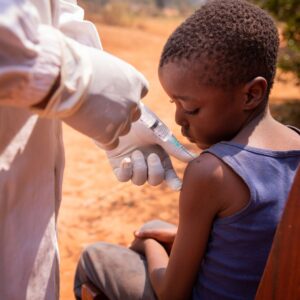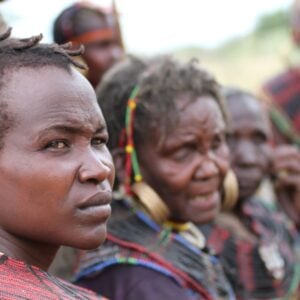Uganda is conducting a community-focused mpox vaccination campaign aimed at reaching populations often excluded from traditional health services. Since February 1, vaccination teams have visited entertainment spots, truck stops, border crossings, and other venues to protect key populations where they live, work, and socialize.
The campaign, implemented by the World Health Organization (WHO) in partnership with the Most at Risk Populations Initiative (MARPI) Clinic Mulago, targets sex workers, lorry drivers, fisherfolk, and other underserved groups. MARPI, with WHO support, has trained health workers and peer educators to recognize symptoms, provide accurate information, and guide individuals to seek care. Civil society groups and peer networks have played a critical role in outreach, leveraging personal connections and digital tools like WhatsApp to raise awareness and link suspected cases to timely treatment.
Vaccination sessions were designed to accommodate late working hours, with teams operating in brothels, bars, and truck stops, and DJs in entertainment venues announcing vaccination opportunities to encourage participation. Owners of bars and brothels contributed by welcoming teams and promoting vaccine uptake, helping build trust within the community.
The effort has been supported by a broad coalition including GAVI, UNICEF, and the Infectious Diseases Institute, providing funding, logistics, and training, while government structures ensured smooth coordination. Anthropologists from the African Volunteers Health Corps-Strengthening and Utilizing Response Groups for Emergencies (AVoHC-SURGE) worked to reduce hesitancy and address community concerns. Mapping of transport corridors and truck stops enabled vaccination teams to reach highly mobile populations, with more than 300,000 sex workers and nearly 500,000 drivers identified as priority targets.
Of the 209,000 mpox vaccine doses received in September 2025, over 190,000 have already been administered, reaching more than 93% of the target population. The campaign demonstrates that meeting people where they are is critical to reaching marginalized groups, building trust, and achieving public health impact.







